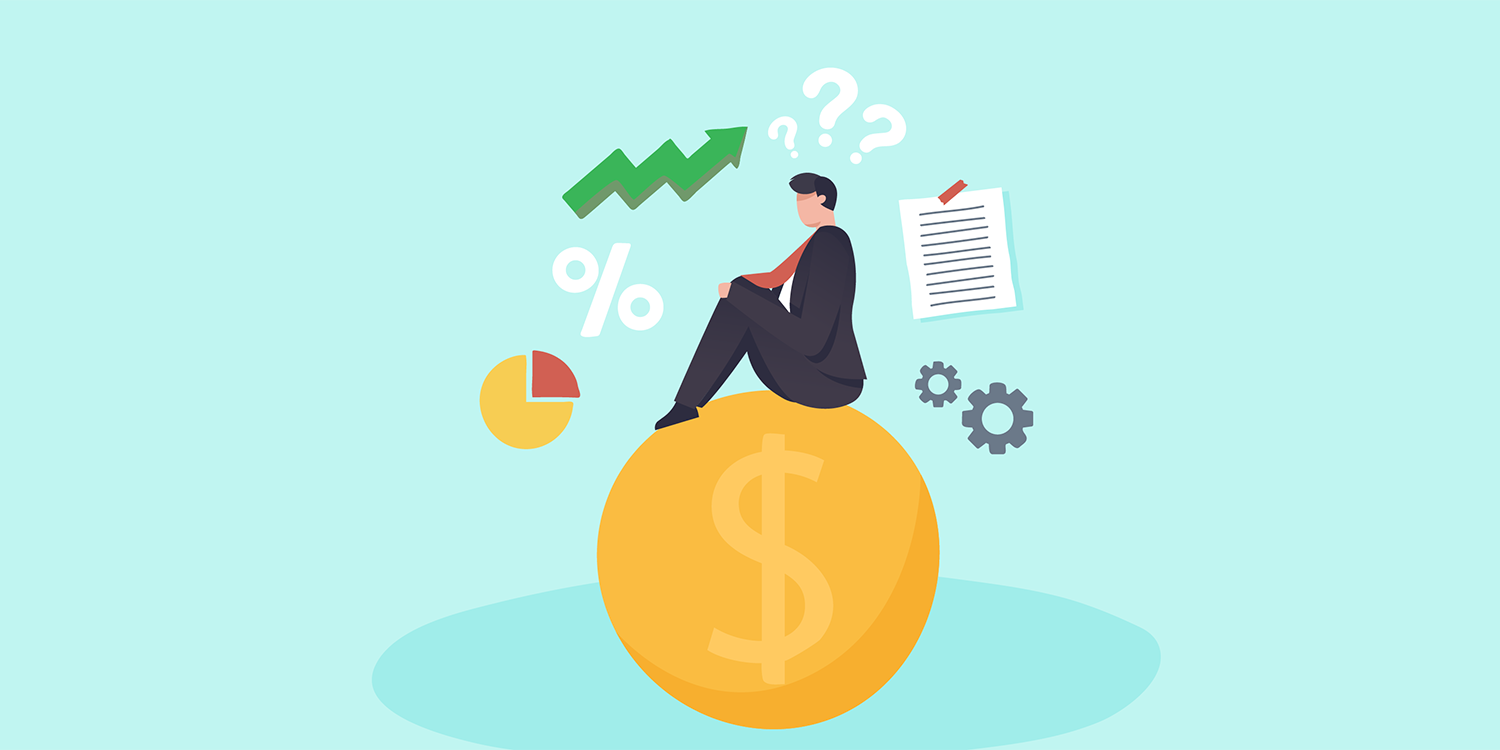Financial stress is a concern for many, especially during today’s pandemic. The consequences of not having an emergency fund, excessive debt, and limited retirement savings along with COVID-19 will financially impact many for the next decade or beyond. Many factors influence an individual’s saving or spending habits. However, financial literacy is what provides the foundation for making better financial decisions.
financially unprepared?
Being financially unprepared going into COVID-19 will be costly, supported by the statistics from GoBankingRates.com’s 2019 survey:
- 69% of Americans have less than $1000 in savings
- 64% of Americans are ill-prepared for retirement
Respondents of the survey further identified what is keeping them from saving more:
- Living paycheck to paycheck
- Being unemployed
- High Cost of Living in their area
- Having too much debt
- Forgetting to put money into savings
- Not knowing how to budget
- Earning low rates on savings
How to achieve financial literacy
All of these can improve through financial education, excluding unemployment. Financial Literacy includes having a basic understanding of how to pay bills online, manage bank accounts, manage debt, fill out income tax withholding forms at work, and understand how to save and invest. What are the steps we can take to ensure all American’s become financially literate?
Bring Financial Literacy into Work. When employees are encouraged to attend workplace classes on budgeting, saving, and investing, they are more likely to save for retirement and not live beyond their means.
Require a Financial Literacy Class to Graduate. Only 21 states currently require a financial literacy class to graduate from high school. Financial literacy experts know that teaching people how to manage their income and expenses and giving them a basic understanding of financial concepts will enable them to have economic successes regardless of their future income.
Credit Scores Improve After a Financial Literacy Class. Having trained teachers teach financial literacy concepts helps people develop better credit behaviors early, even in childhood, when offered through the education system. This access leads to making on-time payments and understanding how to manage debt and credit.
Financial illiteracy affects all ages and all socioeconomic levels and will have an even more significant impact due to COVID-19. We need to work together to improve financial education in the U.S. if we are to move away from being a debt-ridden society and toward a financially secured one.




